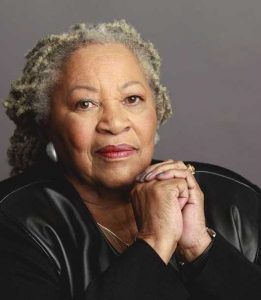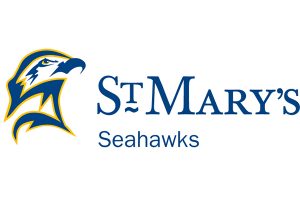THE PURPOSE OF THIS WEBSITE
The purpose of this website is to provide a source of information for students and community members interested in book censorship in St. Mary’s County, Maryland. The research compiled on this website includes the historical context during the time Song of Solomon was removed from St. Mary’s County Public Schools. Our work will shed light on a topic that is normally brushed over or kept quiet in the media. We intend to cover both sides of the argument for and against Toni Morrison’s book and provide primary source documents for visitors to infer their own opinions. Our website should open discussions that extend beyond book censorship. Literature has impacts on development, culture, societal morality, and personal identity. We will achieve our goals by presenting information in accessible and diverse formats. We will integrate video interviews, TimelineJS, Prezi, photographs, and images of primary source documents. We will interview local professionals, professors, librarians, and community members to provide a diverse array of opinions.
COPLACDIGITAL MISSION
COPLACDigital will produce student work that is collaborative and outward-facing and that demonstrates the value of a liberal arts education at a time when it is under attack. By combining digital fluencies with the research-based, critical thinking approach of public liberal arts institutions, these multi-campus, undergraduate research seminars help advance students who are adaptable and prepared for graduate school and the working world. High-impact experiences like COPLACDigital take them further into the reality of the workplace in the 21st century, a fast-changing professional landscape that requires the team-based habits of mind and practices at the core of the liberal arts experience. This project is scalable both within COPLAC and across the liberal arts college sector, and we look forward to sharing project outcomes with colleagues at liberal arts institutions nationwide. – From COPLAC’s website.
ABOUT THE COURSE
What makes a book “bad”? Examining both sides of a censorship dispute reveals cultural battlegrounds over topics like sex, race, religion, political viewpoints, language and morality. Students working in pairs will examine a censorship challenge in their locality. In exploring both sides of the specific case, students will examine the history of the censorship theme and of the challenged work, placing the case in both local and historical contexts. Themes to explore could include authorial intent, reasoning of adoption, and the basis for challenging and/or banning the book from use. Among the cases students can choose are: challenges to school reading curriculum, efforts to ban or burn books, or the work of 19th and 20th century anti-vice societies. Students will use primary source materials, newspaper coverage, secondary literature, and oral history interviews to tell their stories. The result will be a web-based presentation on the case, using digital visualization tools such as maps, story maps, timelines or text analysis to add a new dimension to their interpretation. – From the course website.





